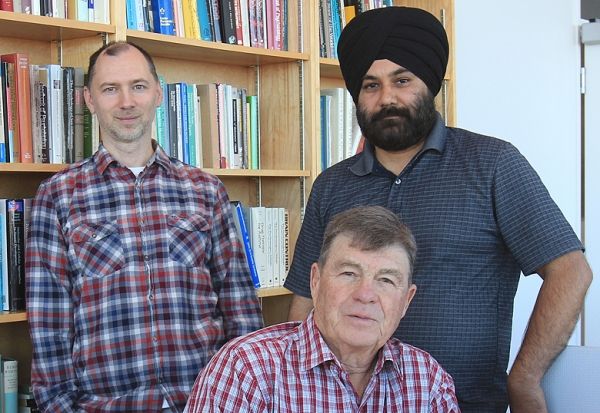For someone with a neurological disorder that impairs their movement, such as stroke or Parkinson’s disease, getting to the doctor’s office for a checkup can be difficult. What if a patient could just take a video clip of their movements with a smartphone app that interprets the video and sends the results to their doctor?
Drs. Hardeep Ryait, Ian Whishaw and Artur Luczak, together with their colleagues from the Canadian Centre for Behavioural Neuroscience at the University of Lethbridge, propose just that in their paper, Data-driven analyses of motor impairments in animal models of neurological disorders, published today in the prestigious journal, PLOS Biology.
First, they asked people with special training to score the quality of reaches for food made by rats that had suffered a stroke that impaired their movements. They then provided this information to a state-of-the-art deep neural network, a type of machine learning that simulates the brain’s neural network, so that it could learn to score the rats’ reaching movements with human-expert accuracy.
Continue reading at University of Lethbridge.
Image via University of Lethbridge.


